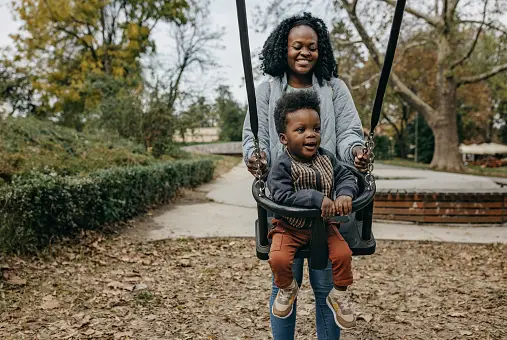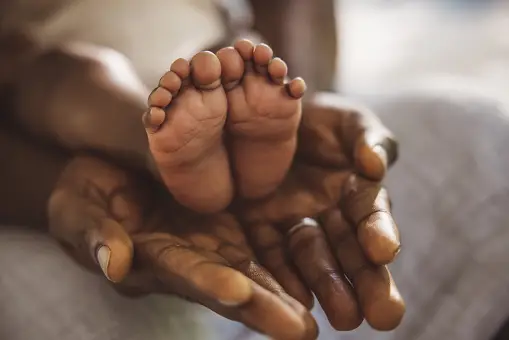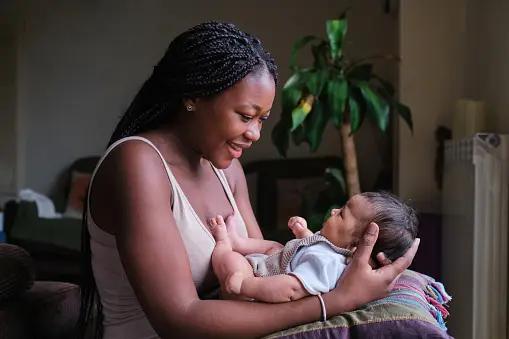African parents in the UK have the rewarding task of raising their children to be bilingual while maintaining their ethnic heritage. This requires striking a careful balance between language ability and cultural heritage in the multicultural setting of the United Kingdom.
The first step in starting this project is realising that language is a vessel that holds the essence of an individual’s identity and is a tool for communication. Bilingualism begins with a household that establishes a disciplined linguistic routine. This can entail setting aside specific times for speaking in the mother tongue and creating a routine highlighting the significance of linguistic and cultural heritage.
Integrating cultural elements, such as music and literature in African languages, becomes essential when far from home. This helps kids learn languages more easily while also exposing them to the rich cultural heritage of their mother tongue.
Five practical tips to help you raise bilingual African kids
Raising bilingual African children requires a deliberate and comprehensive approach that includes cultural enrichment, community engagement, and language development. Here are five thorough, useful suggestions to help parents on this fulfilling journey:
- Regular language experience: You should create an immersive and consistent setting by including African language usage in everyday activities. Consistency is essential for language learning. Use the language to communicate at home and include it in routines, discussions, and daily activities. Making language a natural component of your child’s environment increases the likelihood that your child will learn and retain that language.
- Integration of cultural resources: Include cultural resources in your kids' education. You should use African-language books, music, and films to create an engaging and enlightening environment. These materials will help improve your child’s language proficiency and promote a closer bond.
- Schedule language hours: You should set aside particular home activities only for speaking the African language. Having dedicated language time when reading a novel, playing a game, or participating in a cultural activity highlights the value of bilingualism. With this technique, your kids can learn to identify situations in which their mother tongue is used.
- Engaging in educational activities: Interactive learning activities are one of the best ways to help your kids become bilinguals. Creating a joyful and unforgettable experience that promotes positive associations with the African language is the main objective here, rather than merely learning the language. Telling your kids stories is another effective technique. Tell original stories in the local tongue or share traditional African folktales. The imaginative aspect of your storytelling will captivate your children’s interest while exposing them to the linguistic intricacies of the language.
- Community involvement: You should participate in cultural activities, join neighbourhood associations, or set up playdates with families using the same language. Bringing up bilingual African children can be made more holistic and supportive by combining cultural integration, regular language exposure, set language times, interactive learning activities, and community involvement. This will ensure that your children not only speak the language but also embrace the rich cultural tapestry that goes along with it.
Parenting bilingual African kids in the UK is a complex process that combines community, language, and culture. You can build a prosperous and supportive environment by encouraging frequent language exposure, implementing interactive learning, establishing designated language times, integrating cultural materials, and participating with the larger African community.










Comments